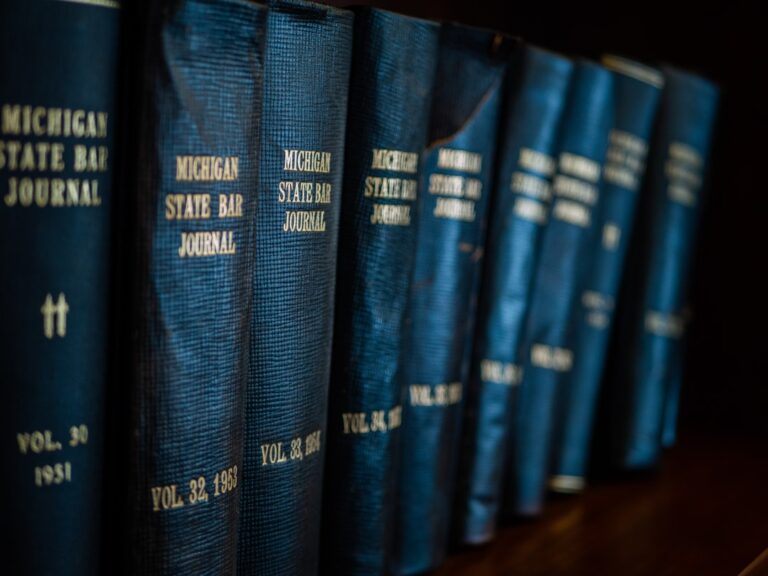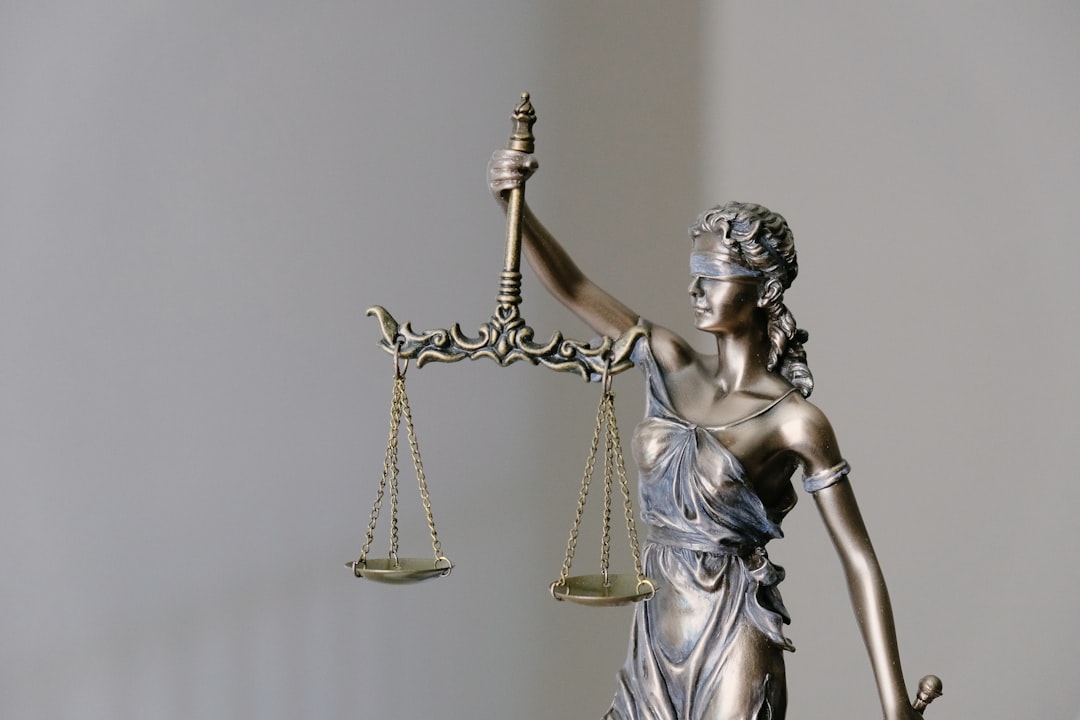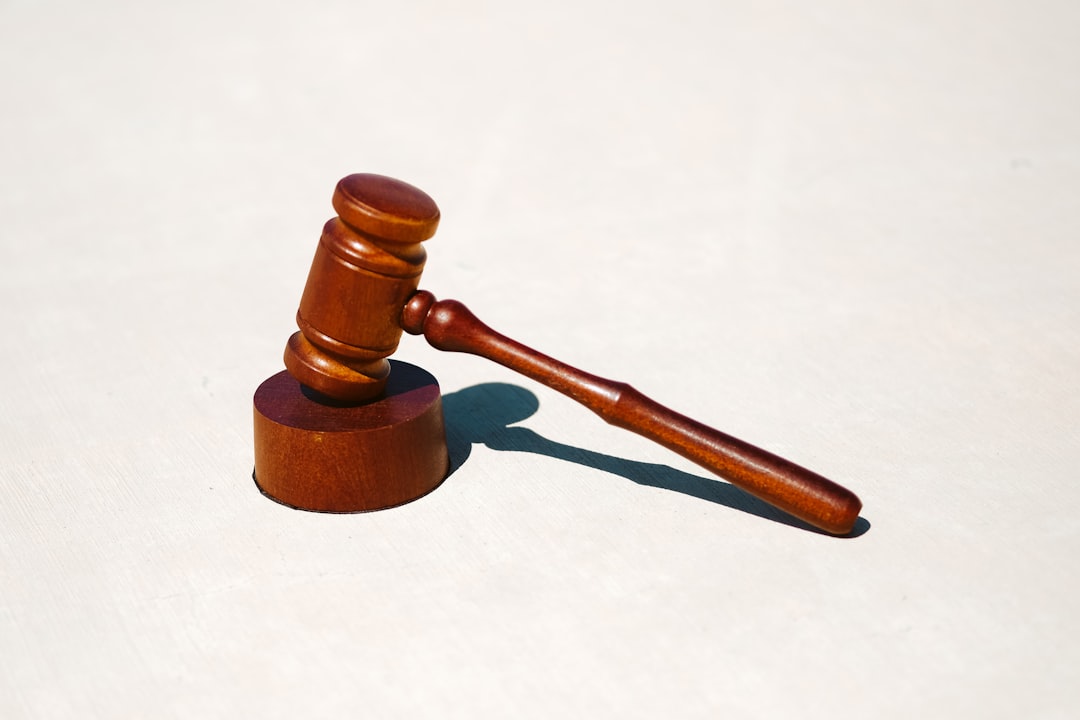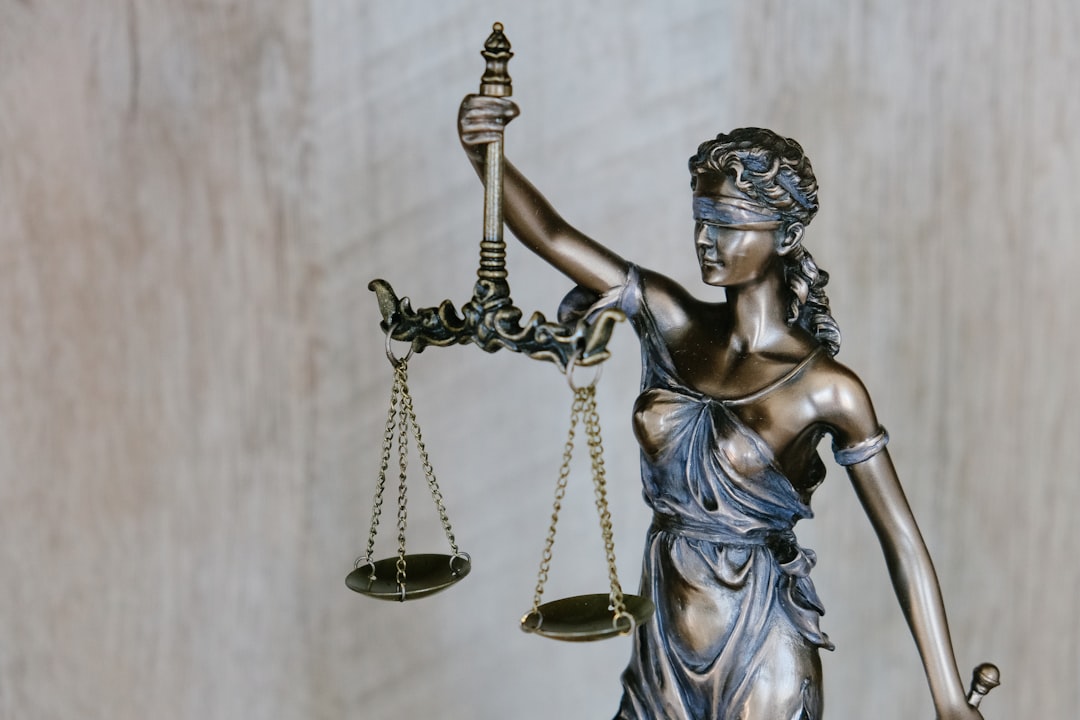Kansas has stringent laws addressing sexual abuse in educational institutions, mandating detailed reporting, immediate notification to authorities, and proactive prevention programs. Victims can seek support from school abuse attorneys Kansas for compensation through civil litigation. While these laws show progress, they vary from national standards, with gaps in reporting requirements and civil damages. Consulting with experienced school abuse attorneys Kansas is crucial for navigating complex legal issues related to sexual abuse in schools.
In the United States, protecting students from sexual abuse within educational institutions is paramount. This article delves into a comparative analysis of school sexual abuse laws between Kansas and other states, shedding light on varying protections and penalties. With an emphasis on legal standards, we explore how Kansas legislation stacks up against national norms, offering insights for families and school abuse attorneys in Kansas seeking justice and accountability.
Overview of School Sexual Abuse Laws

In the United States, sexual abuse within educational institutions is a significant concern, prompting states to enact laws aimed at protection and accountability. The specifics of these laws vary widely, from reporting requirements to penalties for offenders. School sexual abuse attorneys in Kansas, for instance, navigate a set of guidelines that differ from those in other states. In Kansas, the laws mandate detailed reporting by school officials and staff when suspected or witnessed incidents occur. This includes immediate notification to law enforcement and designated authorities within the school district.
Compared to other states, Kansas’s legislation places a strong emphasis on proactive measures. Schools are required to implement prevention programs and policies that educate students, teachers, and administrators about sexual abuse dynamics. Furthermore, many states have established specialized units or divisions dedicated to handling cases of school-related sexual misconduct, ensuring victims receive adequate support and justice. These variations in legislative approaches highlight the need for parents, educators, and legal professionals to be informed about their state’s specific laws when dealing with sensitive matters related to school abuse.
Kansas Laws: Protections and Penalties

In Kansas, laws regarding school sexual abuse are designed to protect students and hold perpetrators accountable. The state has established strict guidelines for reporting and investigating incidents of sexual misconduct within educational institutions. All public schools in Kansas are required to have policies in place that outline procedures for addressing allegations of abuse, ensuring the safety and well-being of students. These policies often involve immediate reporting to authorities and designated school officials.
The penalties for violating these laws can be severe. Offenders may face charges such as sexual battery, aggravated criminal sodomy, or rape, depending on the nature of the abuse. Kansas law enforces strict sentencing, including significant prison terms and fines, to deter future instances of school abuse. Additionally, victims have the right to civil litigation, where they can seek compensation through school abuse attorneys Kansas for emotional distress and other related damages.
Comparing Kansas with National Standards

In comparing Kansas’ laws on school sexual abuse with national standards, it’s evident that the state has made strides in protecting students but still falls short in some areas. While Kansas requires schools to have policies addressing sexual harassment and assault, many other states have more stringent reporting and prevention requirements. Nationally, there’s a push for universal reporting of all incidents, regardless of age or relationship between parties, which Kansas currently does not mandate.
Moreover, the state’s laws on criminal penalties for abusers are comparable to national averages, but civil lawsuits brought by victims against educational institutions vary significantly. Unlike some other states, Kansas allows for a broader range of damages in such cases, including emotional distress and punitive damages. This disparity highlights the importance of consulting with experienced school abuse attorneys Kansas when navigating these complex legal issues.






